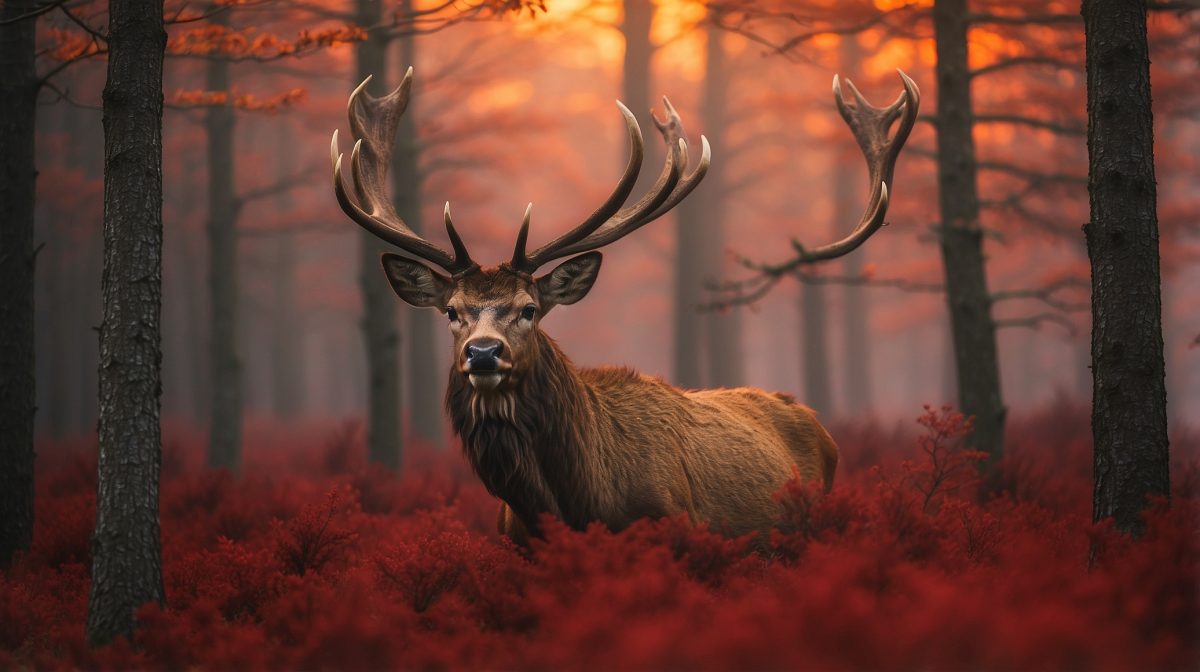The Role of Hunters in Conservation
Let’s take a little trip back in time, folks. Hunters have been stewards of the land since way back when, workin’ the land and keepin’ wildlife populations healthy. It’s a tradition steeped in history, and it’s one we’re mighty proud to carry on. Today, hunters are more involved than ever in wildlife management, helpin’ to ensure that our natural resources stick around for future generations.
And it ain’t just time we’re givin’ – it’s cold, hard cash, too. Through licenses, fees, and donations, hunters are funnelin’ millions into conservation programs. That money goes towards protectin’ habitats, fundin’ research, and keepin’ those beautiful creatures we so love to pursue thrivin’ in the wild.
Sustainable Hunting Practices
Now, what exactly do we mean by “sustainable huntin'” here in the Texas Hill Country? It’s all about balancin’ our love for the hunt with respect for the land and its inhabitants. It means abidin’ by bag limits and huntin’ seasons set by folks who’ve done their homework to keep everything in check.
And let’s not forget about habitat management. It’s critical in keepin’ our red stag population healthy and robust. By managin’ the land properly, we’re ensurin’ that these majestic creatures have everything they need to thrive – food, water, and shelter. That’s how we keep the circle of life turnin’ smoothly.
Red Stag Population Control and Ecosystem Health
Red stag, or red deer as some folks call ’em, have a storied history in Texas. They’re not just another pretty face in the woods; they’re a vital part of our ecosystem. But just like anythin’, too much of a good thing can cause trouble. When their numbers get too high, it can lead to all sorts of problems for other native species.
That’s where controlled red stag hunts come in, helpin’ to keep the population at a healthy level. It’s a bit like gardenin’, if you think about it – we prune back the overgrowth to keep the whole garden flourishi’. By managin’ the red stag population, we’re helpin’ to ensure that every creature in our Hill Country has a fair shake at survival.
Economic Benefits of Hunting for Conservation
Let’s talk turkey – or, in this case, stag. Huntin’ ain’t just good for the soul; it’s good for our wallets, too. The money that comes from huntin’ supports local businesses, creates jobs, and keeps our communities hummin’. And there’s a direct line from those huntin’ dollars to fundin’ for conservation projects. It’s a cycle of good that keeps on givin’.
Take places like the JL Bar Ranch Resort, for example. They’re not just offerin’ a top-notch huntin’ experience; they’re also puttin’ money and effort into conservation. By choosin’ to hunt at lodges that prioritize the land and wildlife, hunters are directly supportin’ the preservation of our Texas Hill Country.
Ethical Considerations in Red Stag Hunting
Now, any hunter worth their salt knows that ethics are the backbone of the sport. We’re talkin’ about the hunter’s code of ethics – things like respectin’ the game and stickin’ to the principles of fair chase. It’s about honorin’ the pursuit and the animal, and never forgettin’ that we’re part of somethin’ much bigger than ourselves.
And when we talk about huntin’ with a purpose, we’re talkin’ about passin’ on traditions and knowledge to the next generation of hunters. It’s about conservin’ not just the wildlife, but the very spirit of huntin’ itself. That’s somethin’ you can’t put a price tag on, friends.
Conclusion
Well, folks, we’ve covered quite a bit of ground together. It’s clear as a Hill Country stream that huntin’ and conservation are as intertwined as mesquite and Texas soil. As hunters, we’ve got a hefty responsibility to protect and nurture the land that gives us so much.
So let’s leave this chat with a firm handshake and a promise to uphold our end of the bargain. Let’s commit to bein’ the guardians of the Texas Hill Country, ensurin’ that its beauty and bounty can be enjoyed for many hunts to come. Remember, when we hunt with conservation in mind, we’re not just takin’ – we’re givin’ back in ways that truly matter.
FAQs
Why is conservation important in hunting?
Conservation ensures that we maintain healthy wildlife populations and habitats for future generations to enjoy, just like we do today. It’s the cornerstone of responsible huntin’.
How does hunting contribute to the local economy?
Huntin’ boosts the local economy by supportin’ jobs, businesses, and fundin’ conservation projects through the purchase of gear, licenses, and stays at huntin’ lodges like JL Bar Ranch.
What are some sustainable hunting practices?
Sustainable huntin’ practices include followin’ bag limits, respectin’ huntin’ seasons, and engagin’ in habitat management to ensure the long-term health of wildlife populations.
How can hunters ensure they’re following ethical guidelines?
Hunters can follow ethical guidelines by adherin’ to the principles of fair chase, respectin’ wildlife, and abidin’ by all huntin’ laws and regulations.
What role do hunting resorts like JL Bar Ranch play in conservation?
Huntin’ resorts like JL Bar Ranch play a pivotal role in conservation by providin’ controlled huntin’ experiences that fund habitat protection and wildlife management efforts.


